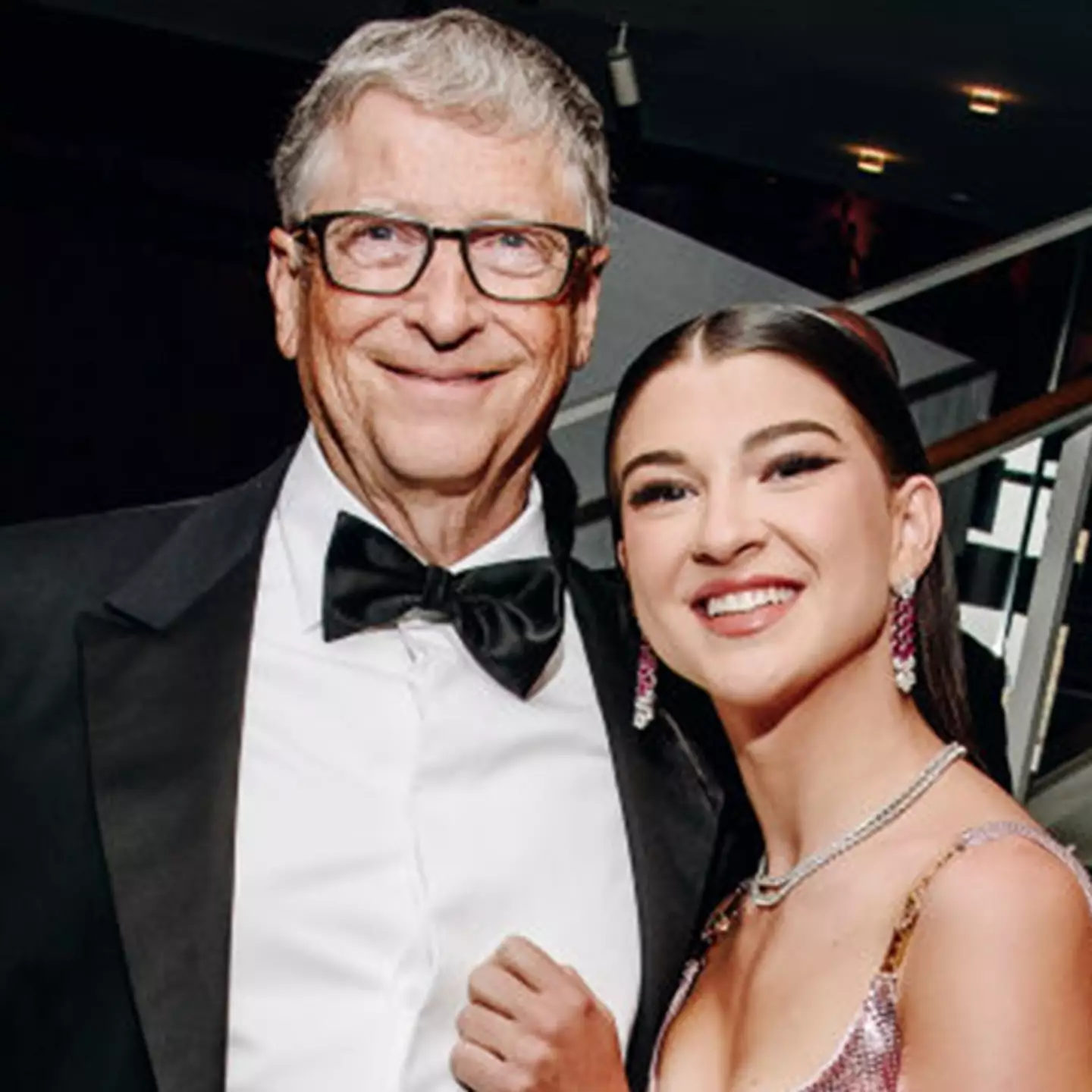
It’s usually a question we dread when sitting in a job interview – how much are you expecting your salary to be?
Sometimes it almost feels like a catch 22 – you don’t want to say too high for fear of being considered for the role but you don’t want to lowball yourself either.

Salary queries are often a dreaded interview question (Westend61/Getty Images)
After co-founding Microsoft back in 1975, the billionaire has nearly 50 years of experience behind him.
Sharing some of his insight into how you should answer the salary question in an interview, Gates doesn’t give an exact figure that you should say, but he does explain how to answer it.
He said: “I hope the option package is good. I’m able to take risk and I think the company has a great future, so I prefer to get stock options even more than cash compensation.”
Gates went on to say: “I hear some other companies are paying a lot, but treat me fairly and emphasize the options.”
Through this answer, Gates is demonstrating that he is no pushover by exploring a number of options, even if they aren’t actually on the table.
And he is proving that he’s invested in the business by tying his earnings to his performance – which then, in turn, highlights his confidence in his own performance abilities.
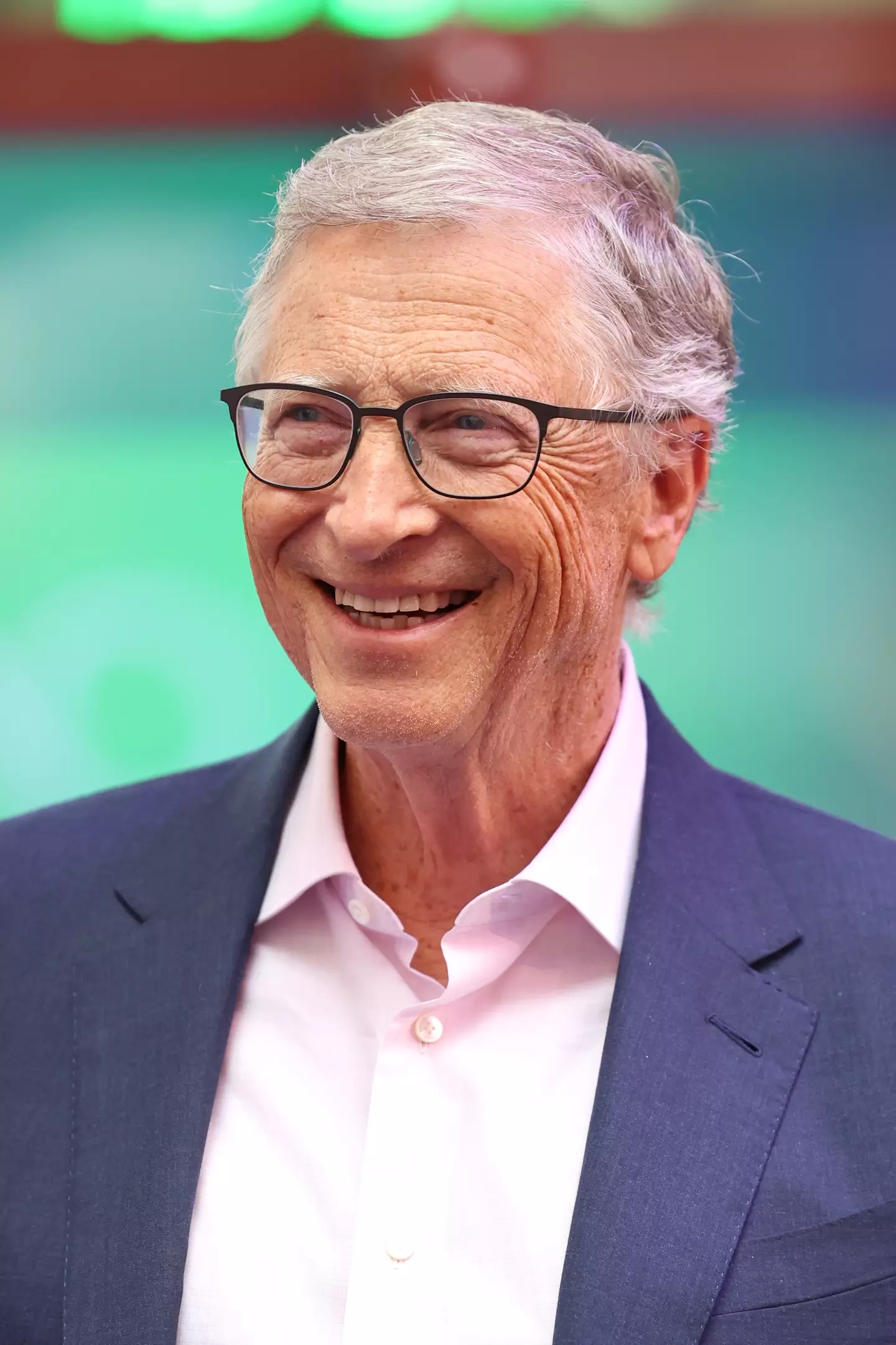
Bill Gates explained how to answer an interview question about salary (Chris Jackson – WPA Pool/Getty Images)
This sentiment could easily be adapted for any company that has a bonus scheme.
For example, you could talk about how you are dedicated to proving why you should earn 100 percent every quarter by giving the best output you can.
This shows that, while you’re here to make money personally, you are also dedicated to performing for the company.
However, if salary was a cause for concern, it would be worth doing some research to check what the average wages for similar roles are and basing it off of that.
It has actually become more commonplace for employers to include salaries within their job advertisements which makes the life of the interviewee much easier when it comes to figuring out what a company is offering.
In August 2023, job site Indeed reported that half of US job posts uploaded to their website advertised ‘at least some employer-provided salary information’ – the highest share yet recorded by the company.
Some sources suggest that only 12.5% of Gates’ net worth originates from the $1 trillion tech company. According to Wealth-X, the co-founder of Microsoft makes $10.95 million per day which is more than four times what the average person makes in a lifetime.
As of now, Bill Gates’ net worth is estimated to be at least $118.2 billion. However, rather than restrict his wealth to the acquisition of luxurious cars and art, Gates continues to actively invest.
The majority of Gates’ wealth stems from his extensive investment portfolio, agreeing with Warren Buffett’s quote: ‘if you don’t find a way to make money while you sleep, you will work until you die.’

Bill Gates’ net worth values at $118.2 billion / Taylor Hill / Contributor / Handout / Getty
His real estate portfolio includes the $127 million Xanadu 2.0 and the $18 million Ranch Paseana in California. Managed through his firm, Cascade, Gates’ portfolio also includes stakes in luxury hotels and other ventures.
Through philanthropic efforts, Bill and his divorced wife Melinda established the Bill and Melinda Gates Foundation – the world’s largest private charity. The foundation is dedicated to fighting poverty, disease, and inequality globally, with a commitment of $8.3 billion in 2023, and aims to increase its payout to $9 billion by 2026.
Since 1994, a large portion of Gates’ earnings – exceeding $45.5 billion – has been donated to the foundation, and more recently, the announcement of his children’s inheritance.
Gates has confirmed previously that he would ‘virtually give all’ of his wealth to the Gates Foundation.
On the back of this, Gates said: ‘I have an obligation to return my resources to society in ways that have the greatest impact for reducing suffering and improving lives. And I hope others in positions of great wealth and privilege will step up in this moment too.’

Bill Gates actively invests a good majority of his wealth / Taylor Hill / Contributor / Handout / Getty
In 2023, Gates shared his interests outside of the tech world by acquiring a 3.76% stake in Heineken Holding NV – valued at approximately $939.87 million.
Gates’ portfolio even extends to farmland. In a Reddit Ask Me Anything, Gates opened up about owning 242,000 acres of farmland which equates to 0.03% of all US farmland.
Gates said that he plans to enhance productivity and job creation through the investments, with decision-making aided by the professional investment team.
This is not to say Gates doesn’t spend a good portion of his fortune on materialistic items however. In fact, he owns quite the collection of sports cars valued at $650,000, including a Porsche 911, a Jaguar XJ6, and a Ferrari 348. Not to forget the four private jets under Gates’ ownership!
Though many people might believe being brought up by wealthy parents means the children will be entitled to enjoy a privileged life, this isn’t typically the case.
Celebrities such as Gordon Ramsay and Elton John have reported that they will not allow their children to enjoy their fortune.
Gates – once the world’s richest man – agrees.
The same man who held off giving his kids a cellphone until they were 14 sees limiting their access to his wealth as his favour to them.
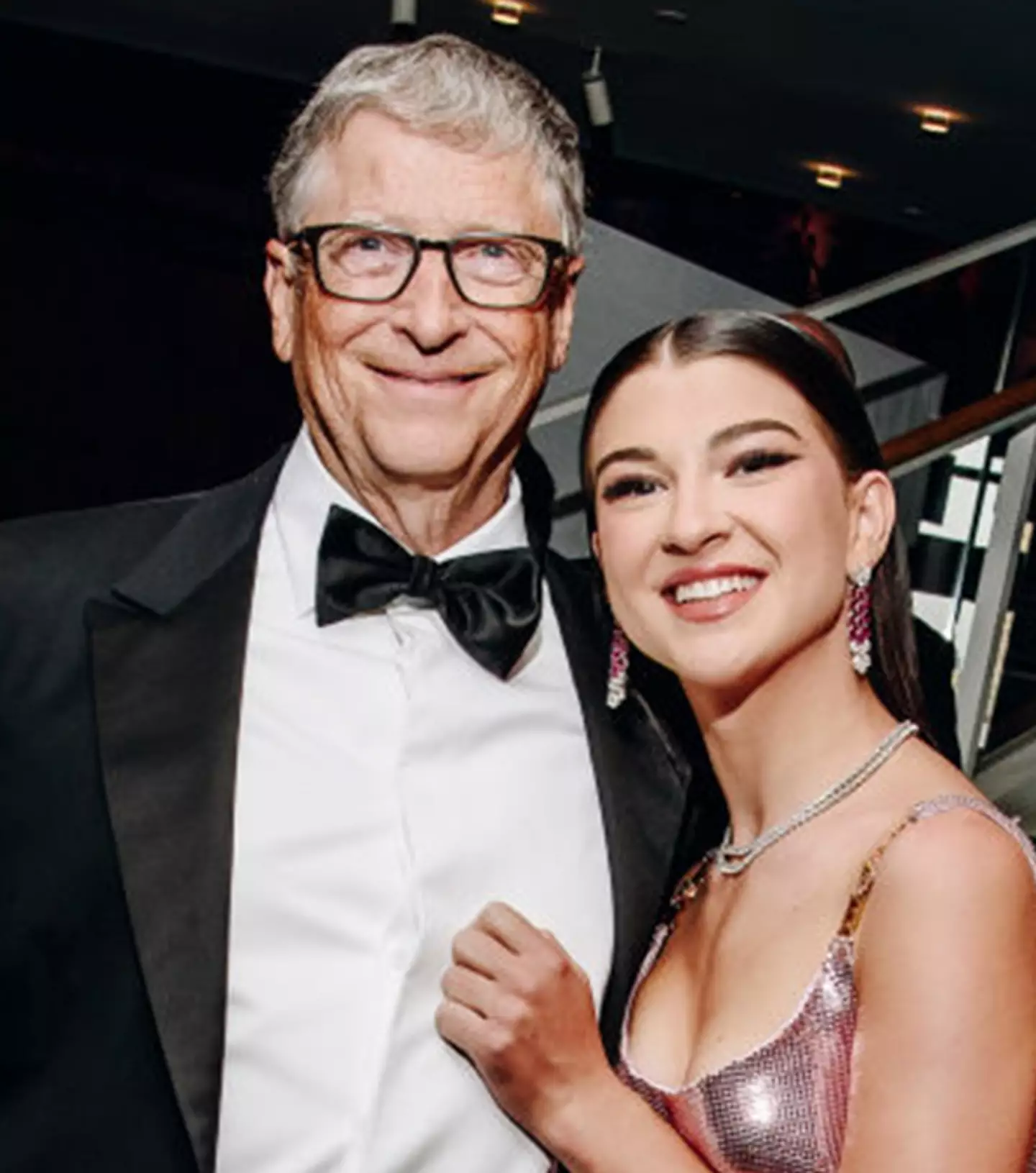
At a Canada TED conference in 2014, Gates announced that most of his wealth would be donated to the family’s Bill and Melinda Gates Foundation.
However, he didn’t specify a specific share that his children – now 27, 24 and 21 – would receive.
Forbes has estimated the value of the parent’s fortune to be worth $130.5 billion (£94 billion).
Fast forward to 2017, the Microsoft CEO took part in a Reddit: Ask Me Anything. He confirmed that his three children would each inherit $10 million (£7.2 million), which is less than one per cent of his wealth.
Gates explained: ‘I definitely think leaving kids massive amounts of money is not a favour to them.
Warren Buffett was part of an article in Fortune talking about this in 1986 before I met him and it made me think about it, and decide he was right’.
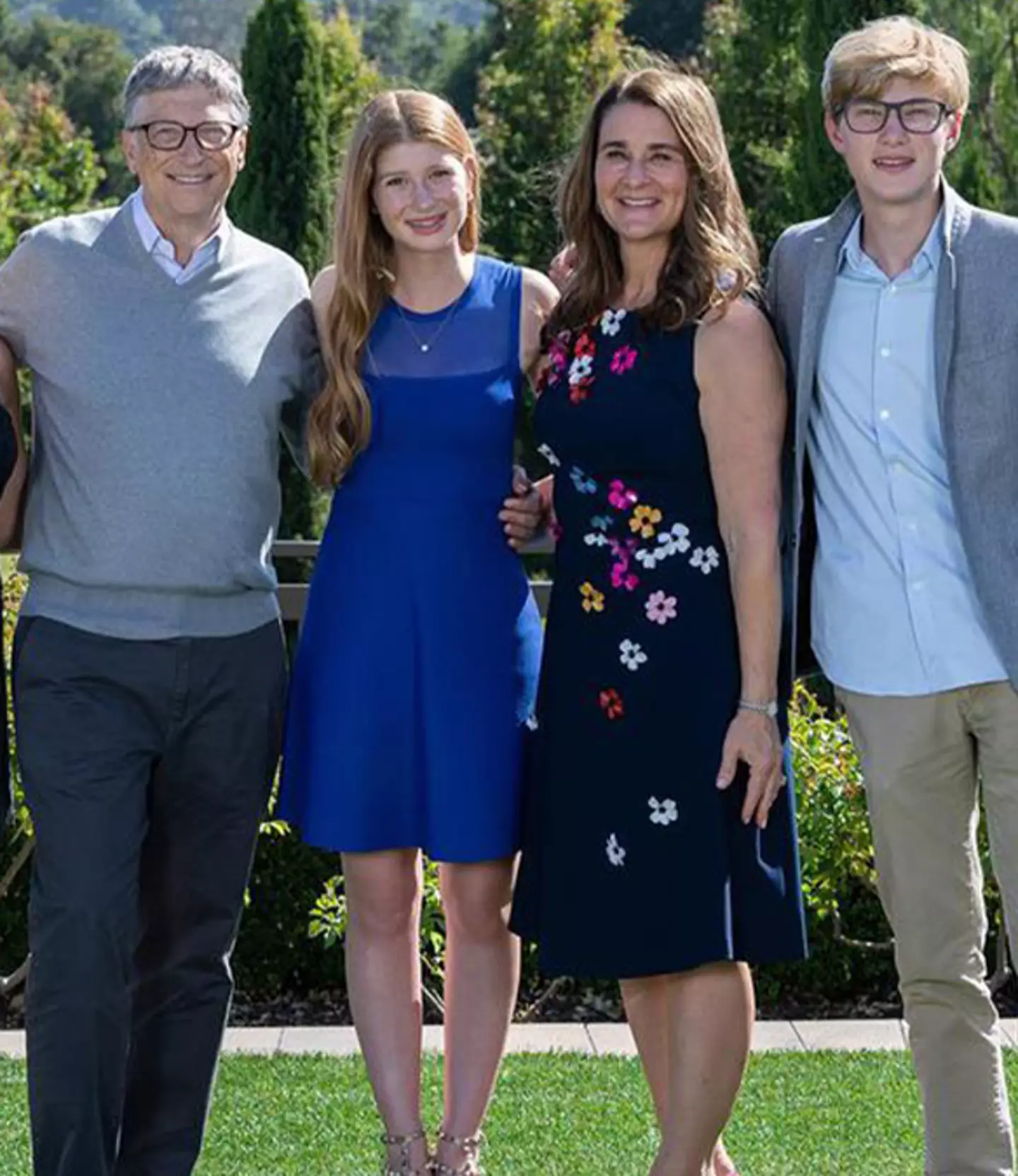
In May 2021, Bill and Melinda Gates announced that they were calling it quits after 27 years of marriage. They stated: ‘after a great deal of thought and a lot of work on our relationship, we have made the decision to end our marriage’.
Despite the separation, the billionaire philanthropists said they would continue to work together at the family’s foundation – the world’s largest private charity.
Whether the separation will have any financial impacts on the family’s wealth – or will cause the Gates parents to have a change of heart – is uncertain.
Microsoft CEO Bill Gates essentially created the footsteps of college-dropout on to be billionaire when he left Harvard in 1975. Though years on, Harvard did eventually award Gates with an honorary – despite never completing his bachelor’s degree.
It would set the trend for future tech billionaires such as Google co-founder Larry Page and former Twitter CEO Jack Dorsey to follow suit.
Tesla founder Elon Musk predicts humanoid robots to be part of everyday life by 2027, and Salesforce founder, Marc Benioff, expects more trust and government regulations to be placed on AI in the coming years.
More recently, Bill Gates added his voice to the predictions and wrote in his 10-page letter that 2024 will be a ‘turning point.’

Bill Gates predict 2024 will be a ‘turning point’ / Leon Neal / Staff
In the fast-evolving field of AI, Gates wrote: ‘Artificial intelligence is about to accelerate the rate of new discoveries at a pace we’ve never seen before.’
Despite the functional challenges and reliability risks associated with scaling AI, Gates emphasises that ‘smart investments’ in AI can contribute to creating a ‘more equitable world’.
He envisions AI could advance the fight against antibiotic-resistant diseases, aiding non-English speakers in managing high-risk pregnancies, and making medical information globally accessible to healthcare workers.
Gates foresees high-income populations to ‘widely adopt AI use’ in a matter of 18 to 24 months, whilst lower-income countries could see its incorporation within three years.
This could lead to better healthcare worldwide, with an extra focus on addressing malnutrition in children, Gates emphasised.
The billionaire emotionally stated that the predictions sparked from becoming a grandparent and seeing his granddaughter born into a ‘new world’ that is being ‘shaped by ‘artificial intelligence.’
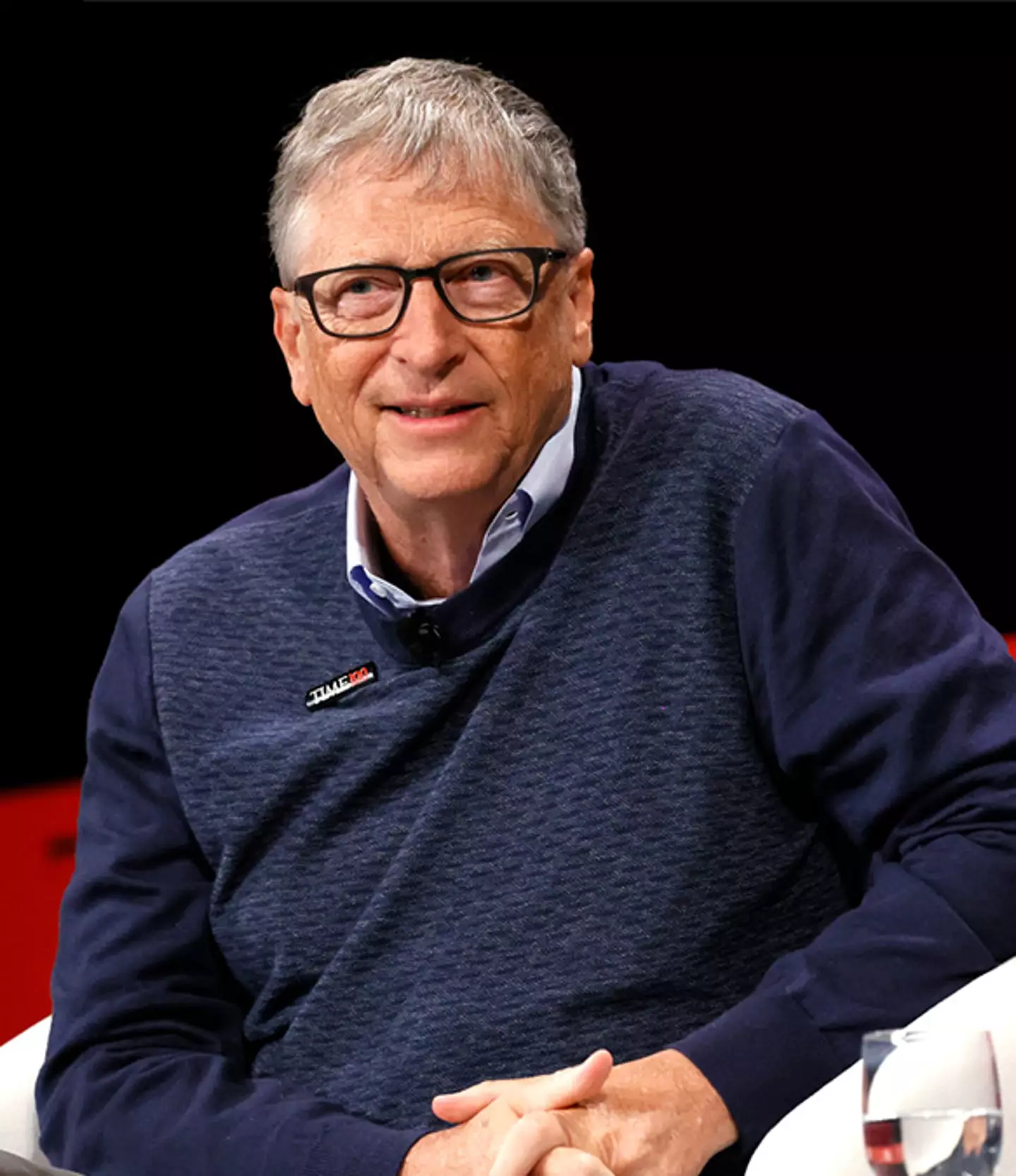
Bill Gates reflected on last year’s predictions which changed when he found out he was going to be a grandparent / Jemal Countess / Stringer / Getty
He said: ‘Now I’m thinking more about the world she will inherit and what it will be like decades from now when her generation is in charge.’
Gates remains an advisor at the Microsoft company and has seen the company significantly shift towards incorporating tech into its mainline products.
This can be seen in the introduction of OpenAI that was a combination of the search engine Bing and Microsoft Edge browser – a competitor of the widely known ChatGPT.
Outside of tech and into the field of nuclear energy, the Microsoft founder said: ‘In 2024 and beyond, I predict we will see lots of new innovations coming into the marketplace – even in very complicated areas like nuclear.’
His predictions are set on TerraPower being ‘the most advanced nuclear facility in the world’ – with its first plant expected to open in 2030.
Gates wrote that there’s more to be done for the planet to reach zero emissions, though he is optimistic.
On the back of Japan’s construction of the first nuclear fusion reactor for clean energy, this will be a ‘defining decade’ for improving power transmission and battling the fossil fuel crisis.

So, you’d better believe that people paid attention when he made predictions, and in 1999 he delivered a whole bunch of them, many of which have proved impressively accurate.
The predictions are from his 1999 book Business @ the Speed of Thought, and here is a selection for you to consider:
He got one enormous idea correct – predicting the rise of the smartphone, even if his description isn’t exactly what we now use. “People will carry around small devices that allow them to constantly stay in touch and do electronic business from wherever they are. They will be able to check the news, see flights they have booked, get information from financial markets, and do just about anything else on these devices.”
Gates’ prediction relating to social media isn’t exactly perfect, but it sounds like a charming 1999 version of what we have now: “Residents of cities and countries will be able to have internet-based discussions concerning issues that affect them, such as local politics, city planning, or safety.”
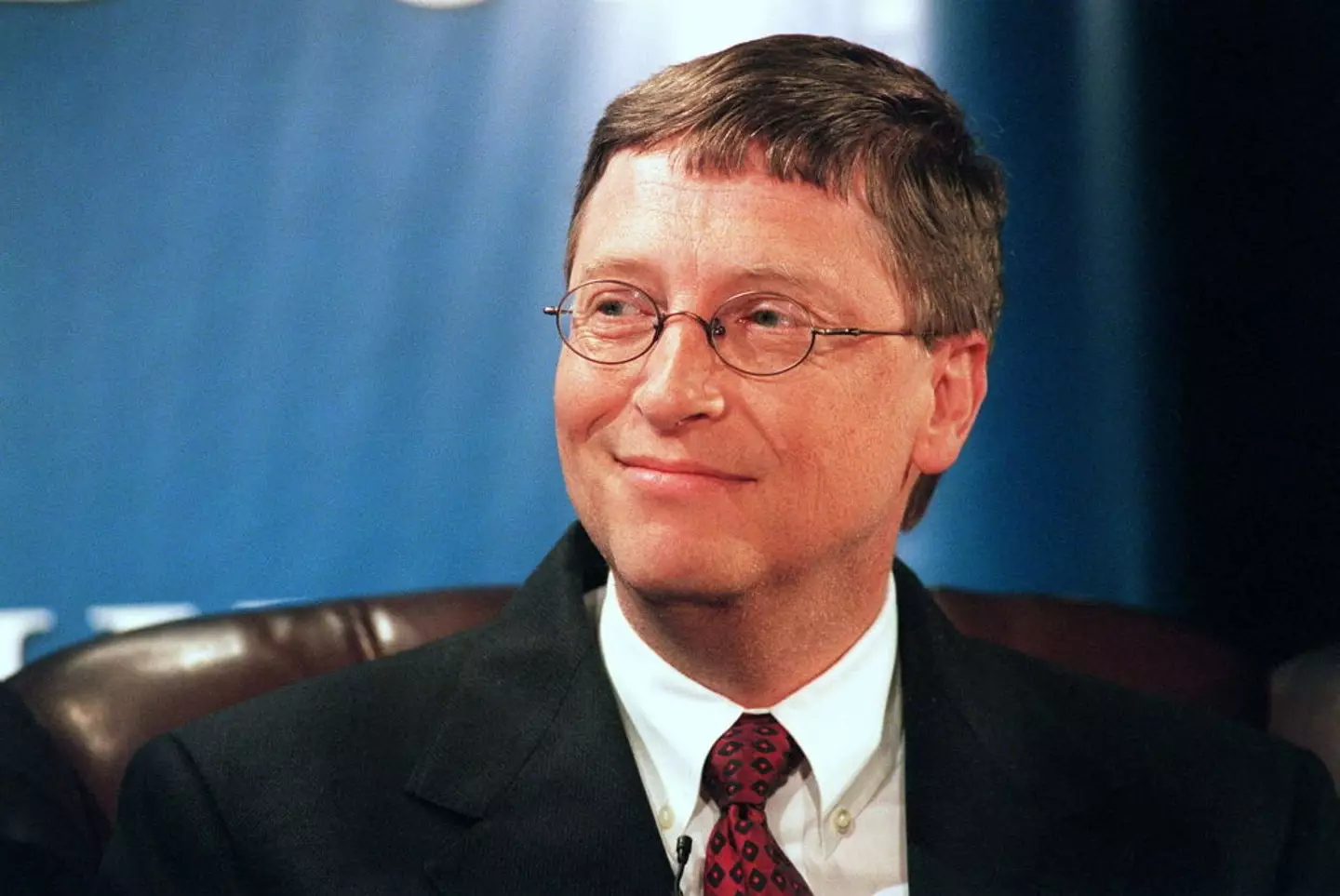
His book said: “Automated price comparison services will be developed, allowing people to see prices across multiple websites, making it effortless to find the cheapest product for all industries.”
That’s hard to argue with, and these sorts of sites have existed for years, making it spot-on.
It might seem prosaic now, but being able to handle your finances without going to a bank sounded incredible in 1999, with Gates saying: “People will pay their bills, take care of their finances, and communicate with their doctors over the internet.”
He saw the potential for personalized ads using data, depressingly: “Software that knows when you’ve booked a trip and uses that information to suggest activities at the local destination. It suggests activities, discounts, offers, and cheaper prices for all the things that you want to take part in.”
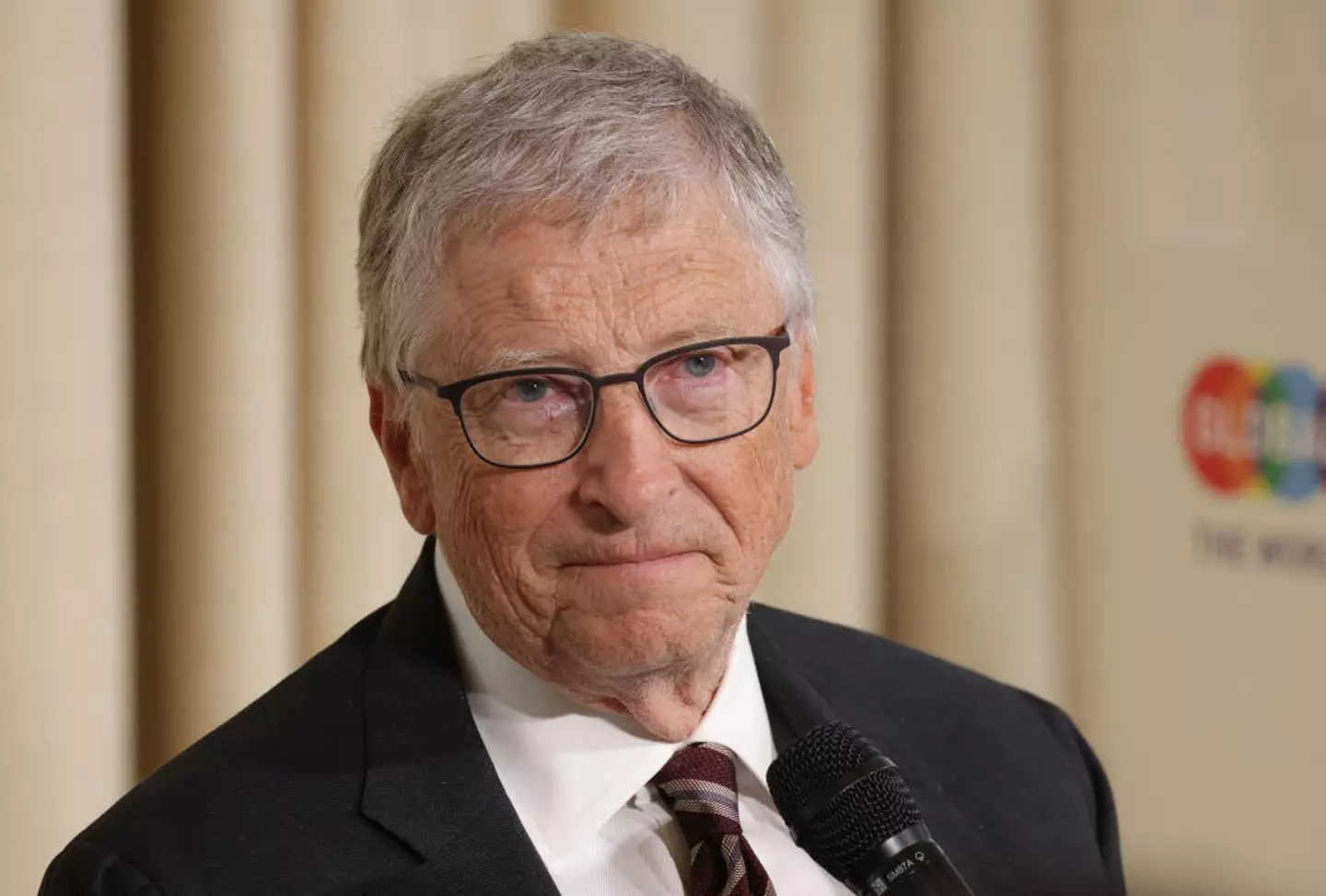
Similarly, he predicted that we’d get links to websites during broadcasts, as we do with some QR codes: “Television broadcast will include links to relevant websites and content that complement what you are watching.”
He might not have talked about conversational voice control for them, but Gates predicted that we’d have assistants like Apple’s Siri and Amazon’s Alexa to help us organize our lives: “They will connect and sync all your devices in a smart way, whether they are at home or in the office, and allow them to exchange data.”
Gates predicted a service that sounds awfully like LinkedIn, letting people find jobs online: “Similarly, people looking for work will be able to find employment opportunities online by declaring their interest, needs, and specialised skills”.

